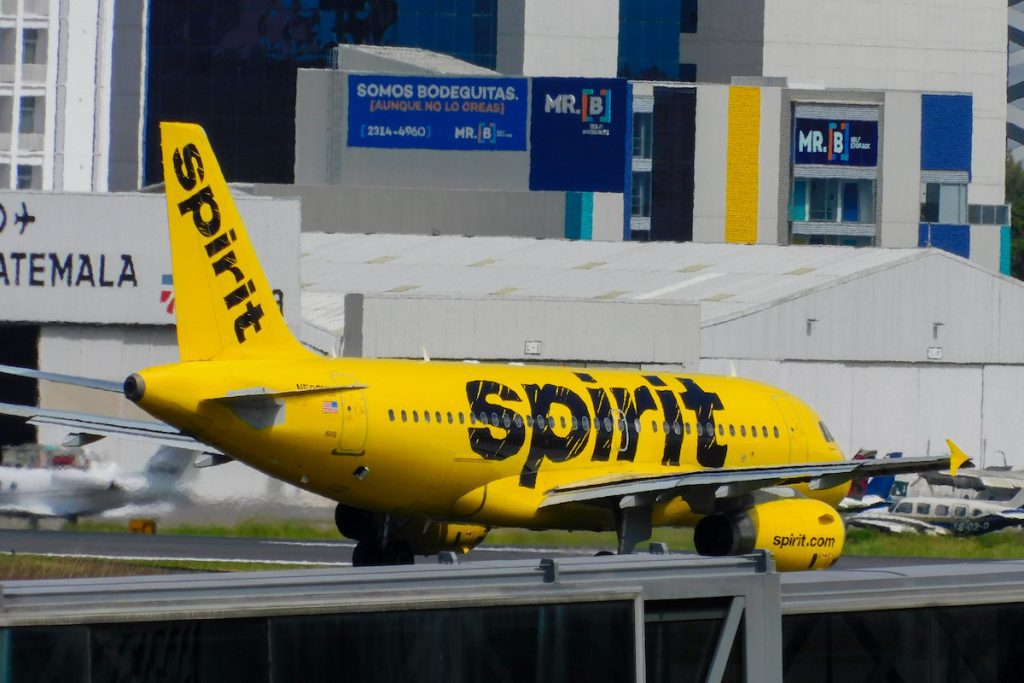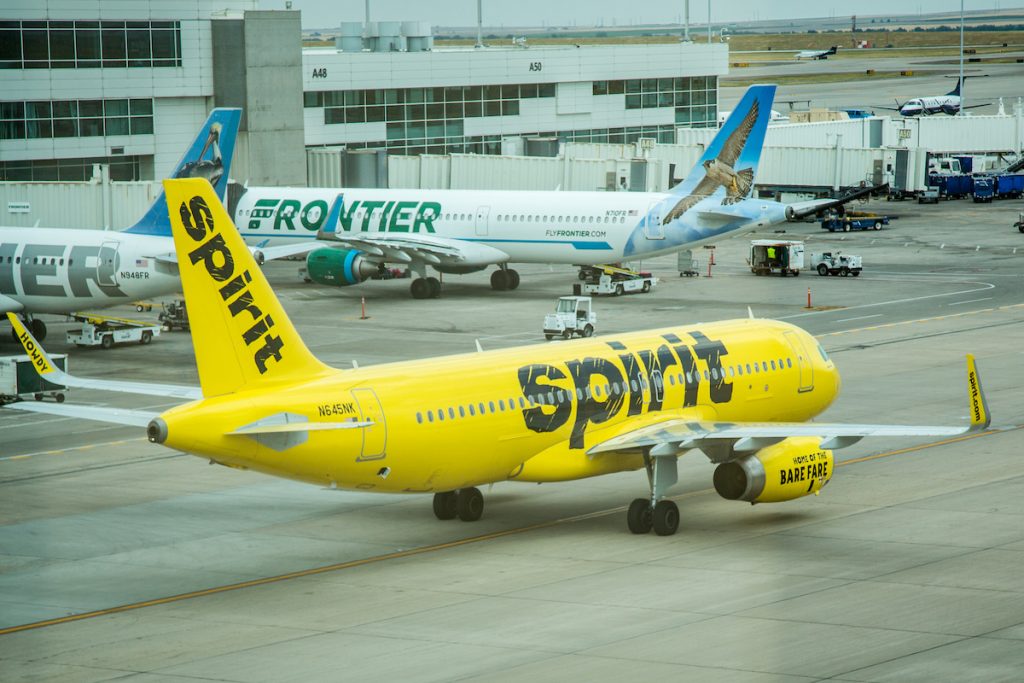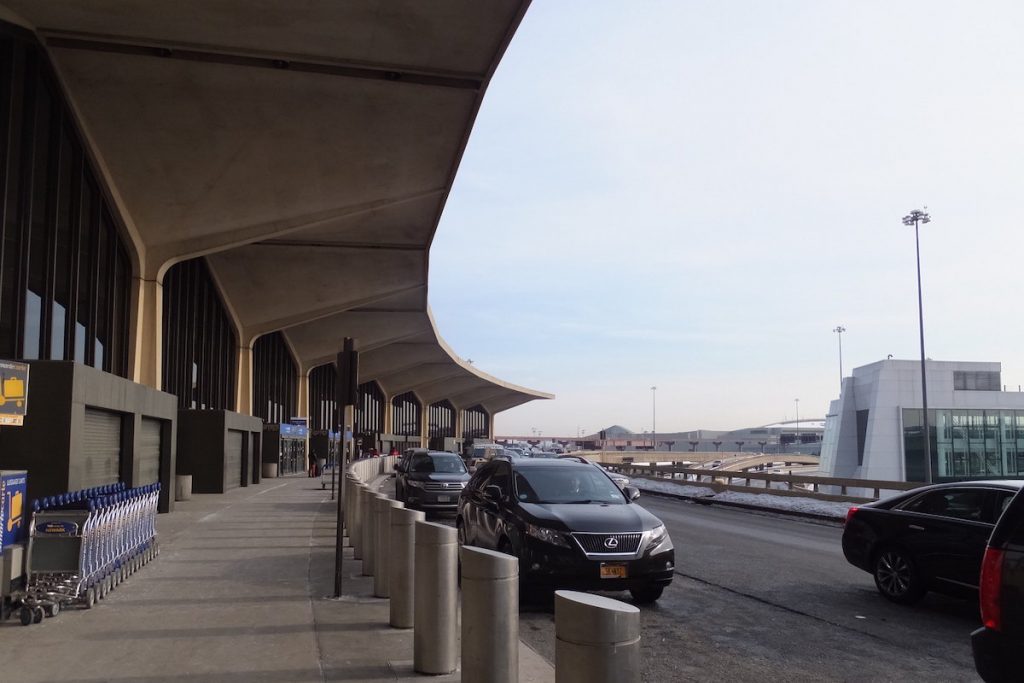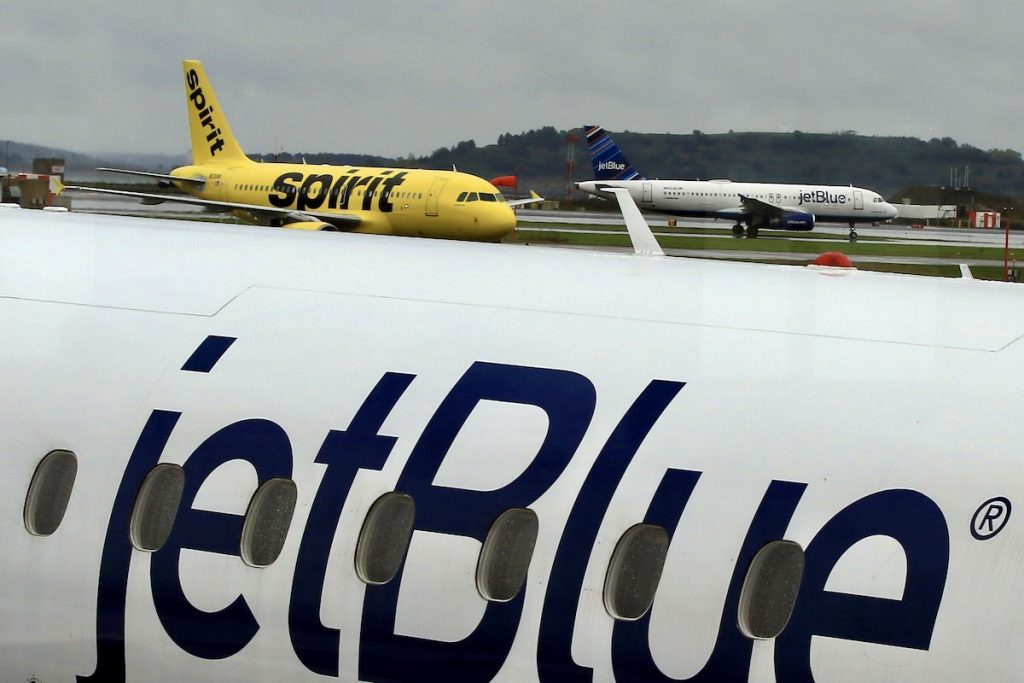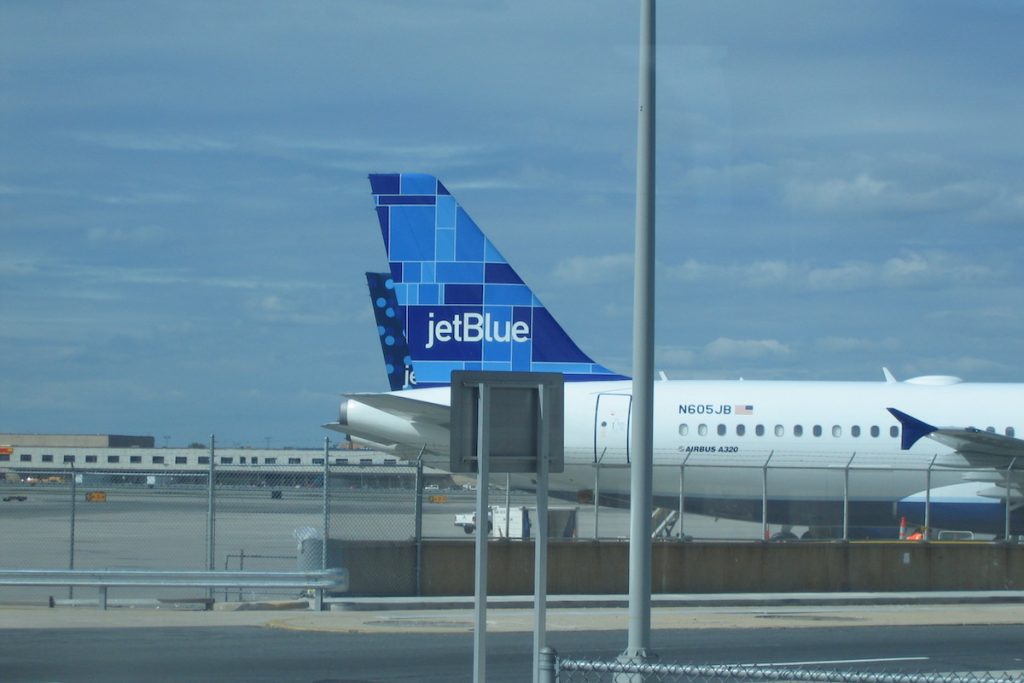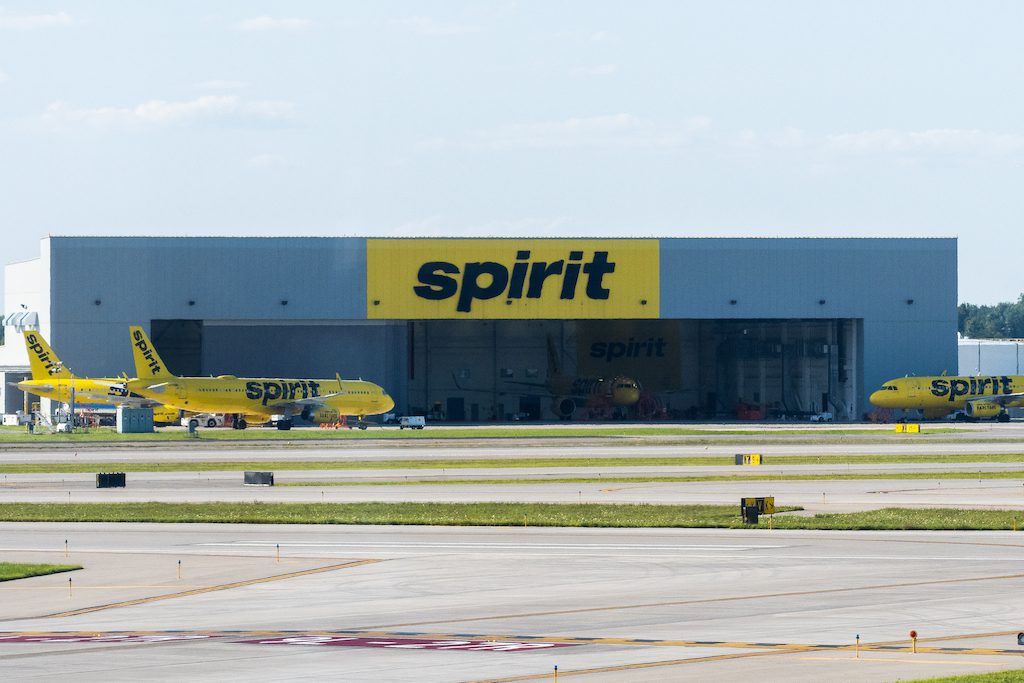Shareholder group Institutional Shareholder Services (ISS) is advising investors in Spirit Airlines to vote against a proposed merger with Frontier Airlines.
“The proposal from JetBlue appears to represent a superior alternative,” ISS said in a report Friday. “Shareholders are therefore recommended to vote AGAINST the proposed merger with Frontier.”
The recommendation is a reverse of ISS’ last advisory for a Frontier merger on June 24.
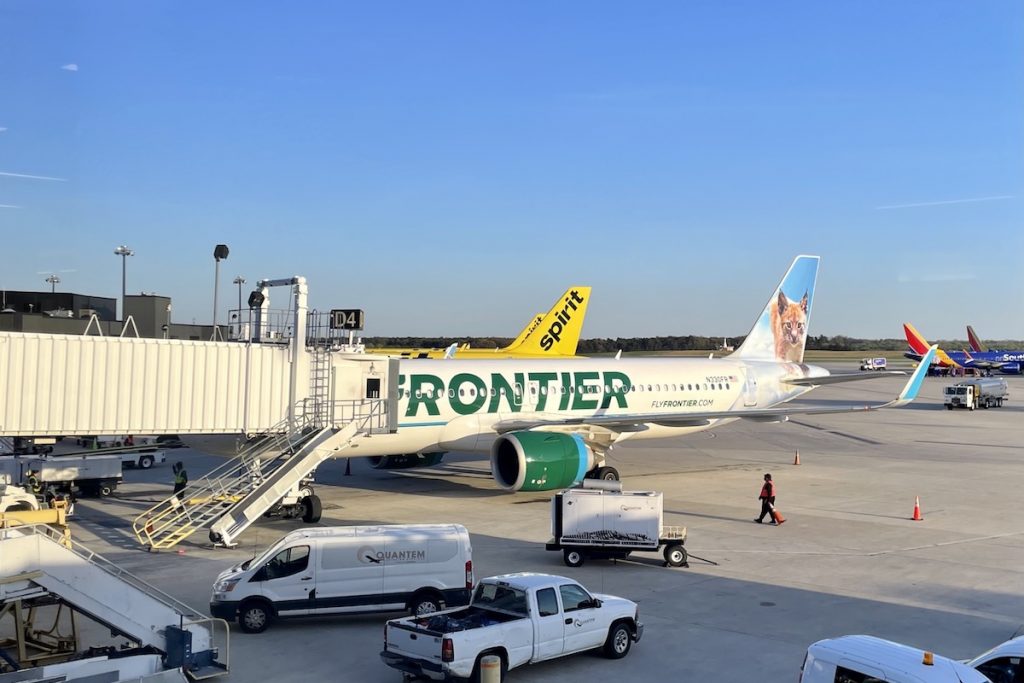
Frontier CEO Barry Biffle, in a letter to Spirit CEO Ted Christie on July 10, said they were “very far” from garnering shareholder support for the Spirit-Frontier combination. He added that Frontier would not “propose any further modifications to the financial terms” of its merger proposal, which was valued at roughly $2.4 billion in cash and stock at the end of June.
JetBlue’s all-cash offer is valued at nearly $3.8 billion, including a $400 million reverse break-up fee.
Spirit, while it continues discussions with both Frontier and JetBlue, has repeatedly backed a merger with Frontier citing lower regulatory approval risk. The main concern is JetBlue’s unwillingness to offer to end its alliance with American Airlines in the northeast in exchange for antitrust approval. JetBlue has offered to divest all of Spirit’s assets in Boston and New York — the two markets covered by the American alliance — as well as gates at the Fort Lauderdale airport.
Spirit shareholders are scheduled to vote on the Frontier proposal on July 27.
